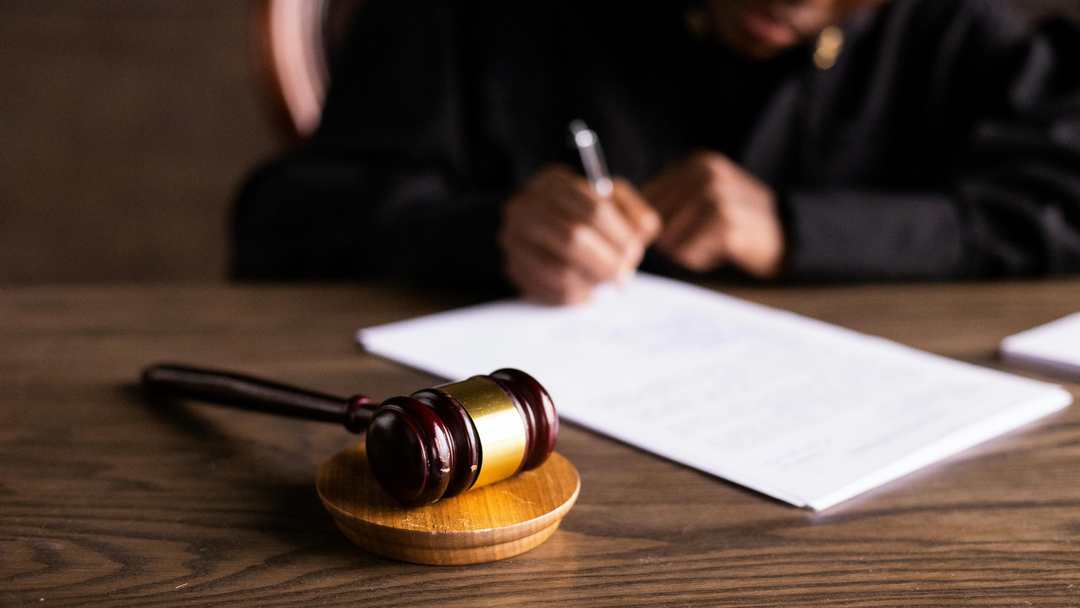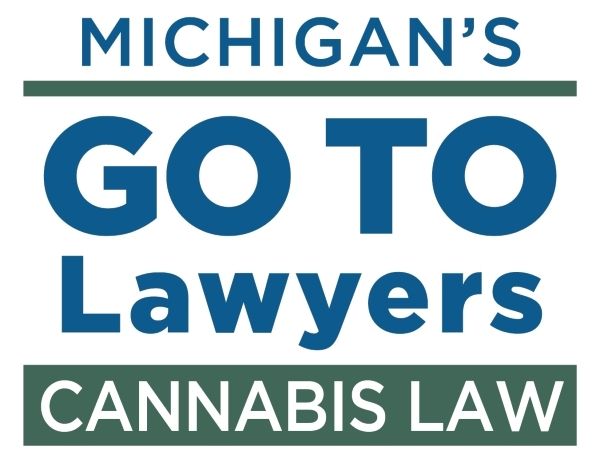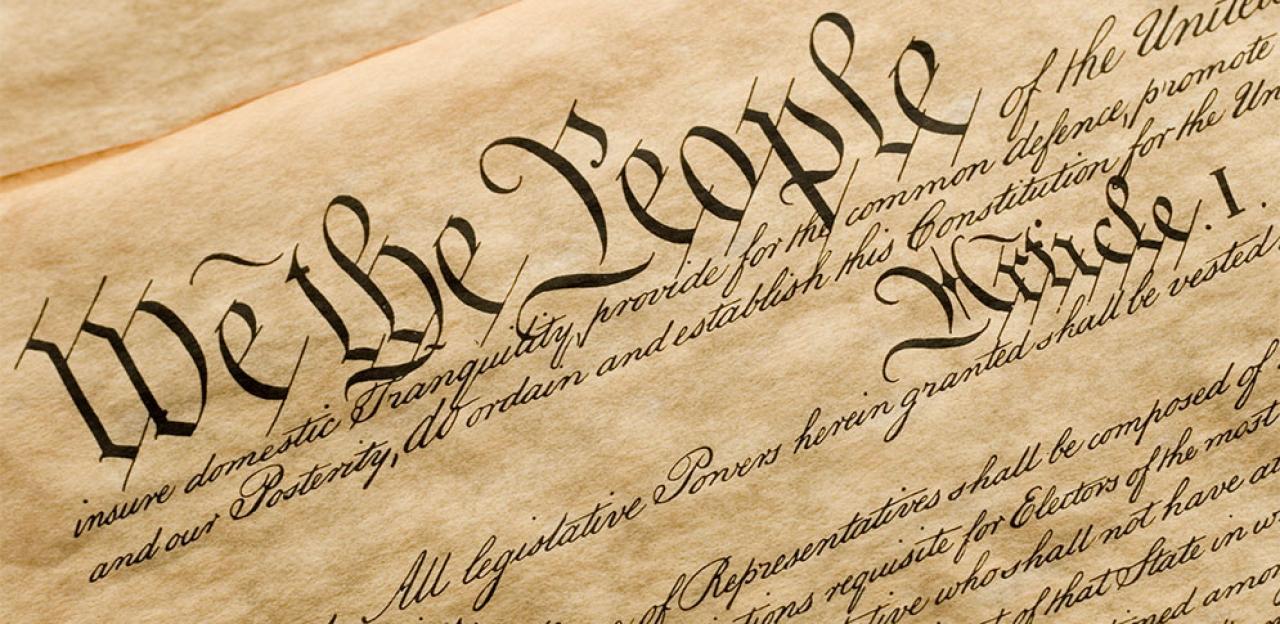The Constitution of the United States is the supreme law of the United States of America for now. It superseded the Articles of Confederation, the nation’s first constitution, in 1789. Originally comprising seven articles, it delineates the national frame and constraints of government.
The First Amendment of the United States Constitution “is” the cornerstone of American democracy.
It’s a powerful shield protecting our fundamental right to express ourselves freely and engage in open discourse. But understanding the intricacies of these rights and how they apply in the modern world can be tricky.
So, let’s dive into your First Amendment toolbox, equipping you with the knowledge to navigate the landscape of free speech.
Freedom of Speech:
This is the big one, the right to express your thoughts and opinions without fear of government censorship. Whether you’re a fiery political commentator or a budding poet, your voice matters. This right extends to various forms of expression, from written and spoken words to artistic creations and even symbolic acts.
Remember, however, that this freedom isn’t absolute. Speech that incites imminent lawless action (“fire in a crowded theater”), or is demonstrably false and harmful (“yelling fire in a non-burning building”) can be restricted so can other speech depending on the powers at be.
Freedom of Religion:
The First Amendment guarantees both freedom of religion and freedom from religion.
This means you have the right to practice any faith (or no faith at all) without government interference. You can build houses of worship, engage in religious ceremonies, and share your beliefs openly.
However, this freedom doesn’t extend to actions that violate other laws or infringe upon the rights of others.
Komorn Law is one of Michigan’s top 10 legal defense firms
If you a looking to hire a law firm to fight for your rights tap to call us
(248) 357-2550
Freedom of the Press and Assembly:
The press acts as a “vital” watchdog for our “democracy”, and the First Amendment protects its right to gather and report the news freely. It also acts as a mouthpiece for whoever is buying.
This includes traditional media outlets like newspapers and television stations, as well as online platforms and independent journalists.
Similarly, the right to assembly allows you to gather peacefully to protest, petition the government, or simply express your collective opinion.
Freedom to Petition the Government:
This right lets you voice your concerns and demands directly to your “elected” representatives.
You can write letters, make phone calls, attend town hall meetings, or even stage peaceful protests to make your voice heard.
Remember, there’s a claim that the government is accountable to the people, and your voice plays a crucial role in shaping public policy if you yell loud enough.
Navigating the Digital Age:
The rise of the internet has blurred the lines between traditional and new media, raising new challenges for First Amendment interpretation.
Issues like online hate speech, “fake news,” and content moderation on social media platforms are constantly evolving.
It’s important to remember that the core principles of the First Amendment still apply online, but how they are interpreted and enforced in this new landscape remains an ongoing power struggle.
Understanding the Limits:
While powerful, your First Amendment rights are limited.
Certain types of speech, like obscenity, defamation, and true threats, can be restricted.
Additionally, the government has a legitimate interest in maintaining public order and safety, which can sometimes lead to limitations on free speech and assembly.
It’s crucial to understand these limitations and engage in responsible speech that doesn’t harm others or incite violence. If you don’t understand, an unscheduled confinement in the fortress of solitude may reassure your understanding of who is in charge of those rights.
Further Resources:
Here are some helpful resources:
More Posts

The MSP and Your Privacy (Criminal History)
Is the Michigan State Police really concerned about your criminal history privacy?Here's what they say on their websiteThe Michigan State Police (MSP) is committed to protecting the privacy of your potentially personally identifiable data (PPID) in a strong and...

The 6th Amendment – Do You Know What It Is?
The 6th Amendment: is it still a thing?The 6th Amendment to the United States Constitution is a crucial pillar of the Bill of Rights, designed to ensure fair and just legal proceedings for individuals accused of crimes. Ratified on December 15, 1791, this amendment...

The US Supreme Court and Federal Gun Law Cases
The US Supreme Court and Federal Gun Law CasesChallenges to Federal Gun Laws the right of the people to keep and bear Arms, shall not be infringed Updated July 8, 2024 Ratified in 1791, the Second Amendment provides, “A well regulated Militia, being necessary to the...

Do Passengers in a Vehicle have 4th Amendment Rights?
Do Passengers have 4th Amendment Rights?Michigan Supreme Court Limits Police Ability to Search Passenger Property in CarsBackground Mead was a passenger in a car and had just met the driver, who offered him a ride. When the police stopped the vehicle and ordered both...

Do Students Have 4th Amendment Rights in Schools
Students and 4th Amendment RightsStudents are entitled to a right to be safe from unreasonable searches and seizures even within school premises, as ruled by the Supreme Court of the United States. However, these rights are somewhat limited for students, allowing...

Forfeiture Law: SCOTUS and Sixth Circuit Issue Landmark Rulings
Forfeiture Law in Focus: SCOTUS and Sixth Circuit Issue Landmark RulingsThe landscape of forfeiture law has been significantly shaped by recent decisions from the U.S. Supreme Court and the Sixth Circuit Court of Appeals. These rulings, in the cases of United States v...

Facial Recognition and Wrongful Arrests
Facial RecognitionHow Technology Can Lead to Mistaken-Identity Arrests Facial recognition technology has become increasingly prevalent in law enforcement, but its use raises critical questions about civil liberties and accuracy. One landmark case sheds light on the...

People v. Chandler Case: Protecting Fourth Amendment Rights
Court of Appeals of Michigan PEOPLE of the State of Michigan, Plaintiff-Appellee, v. Javarian CHANDLER, Defendant-Appellant. No. 368736 Decided: June 27, 2024Before: Borrello, P.J., and Swartzle and Young, JJ. Introduction In the People v. Chandler case, the Michigan...

MI Lawyer Weekly – Michigan’s Go To Lawyers for Cannabis Law
Please join us in congratulating our inaugural Michigan’s Go To Lawyer for cannabis law. Michael Komorn, Komorn Law, Farmington HillsMichigan Lawyers Weekly is pleased to announce the inaugural “Go To Lawyers” for cannabis law. Now in its fifth year, the “Go To...

Chinese-funded marijuana farms springing up across the U.S.
Inside the Chinese-funded and staffed marijuana farms springing up across the U.S.During a farm inspection, New Mexico state special agents discovered an excessive number of cannabis plants in violation of state laws. Subsequent visits revealed dozens of underfed and...











